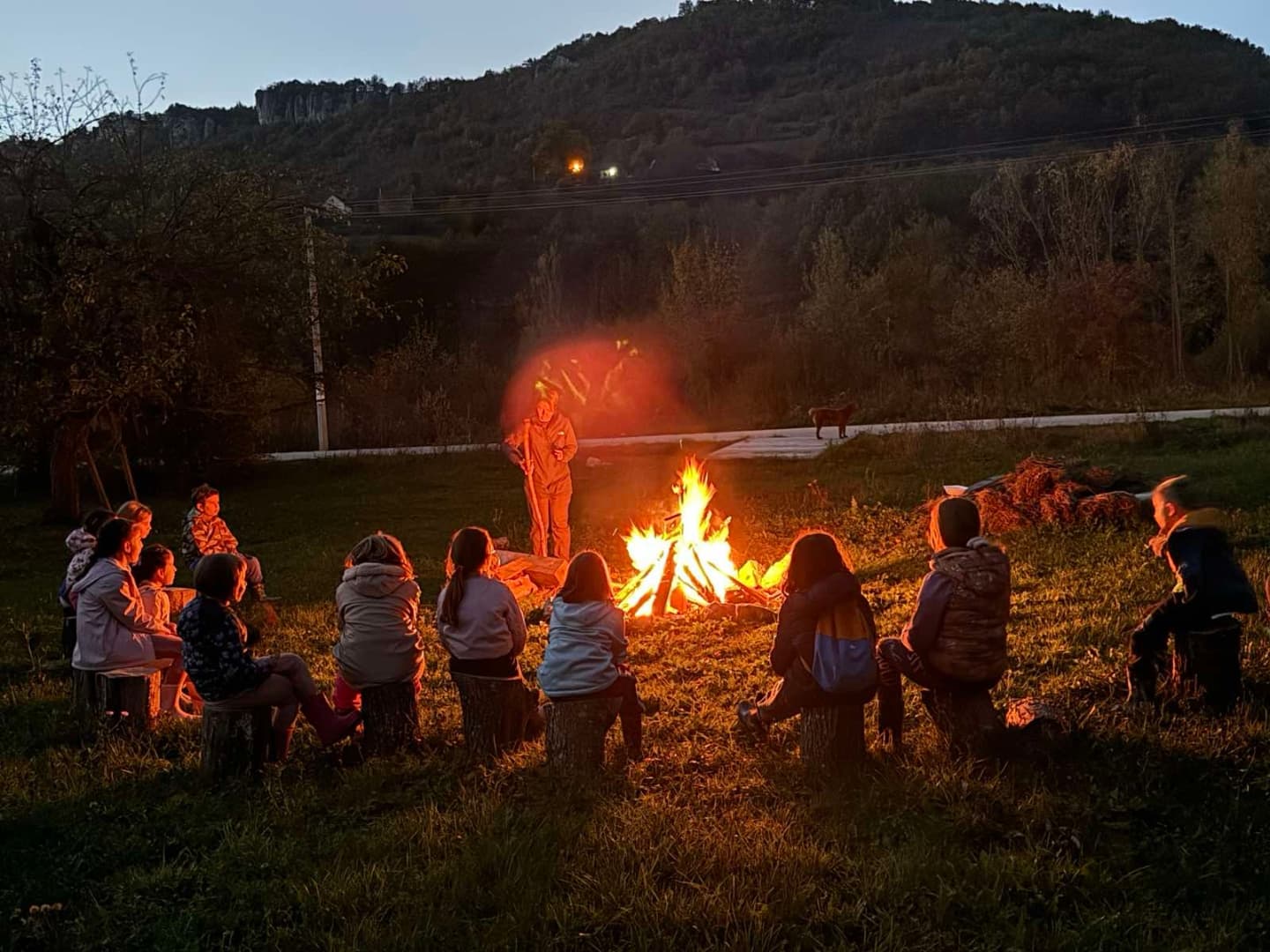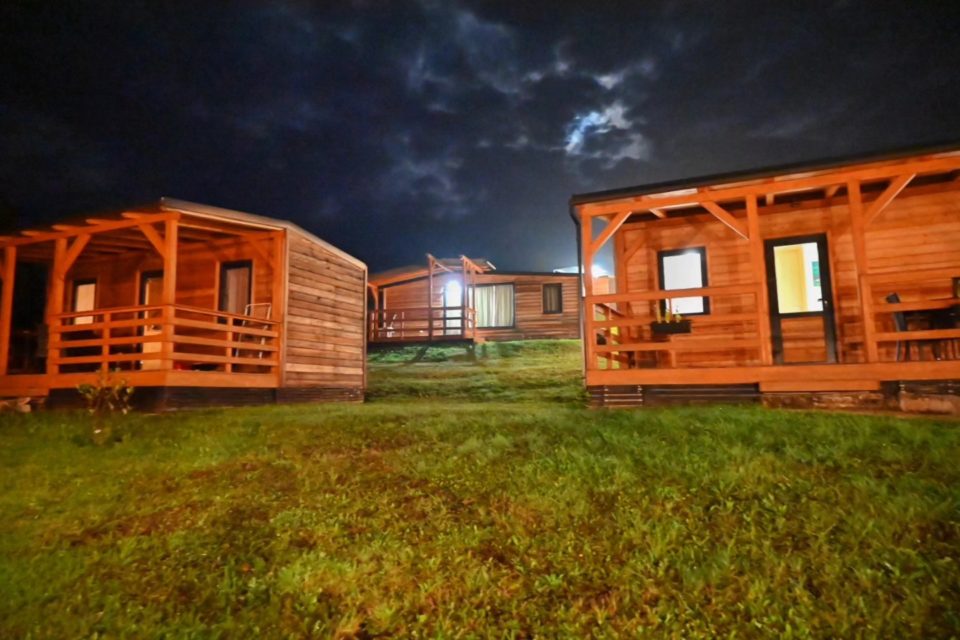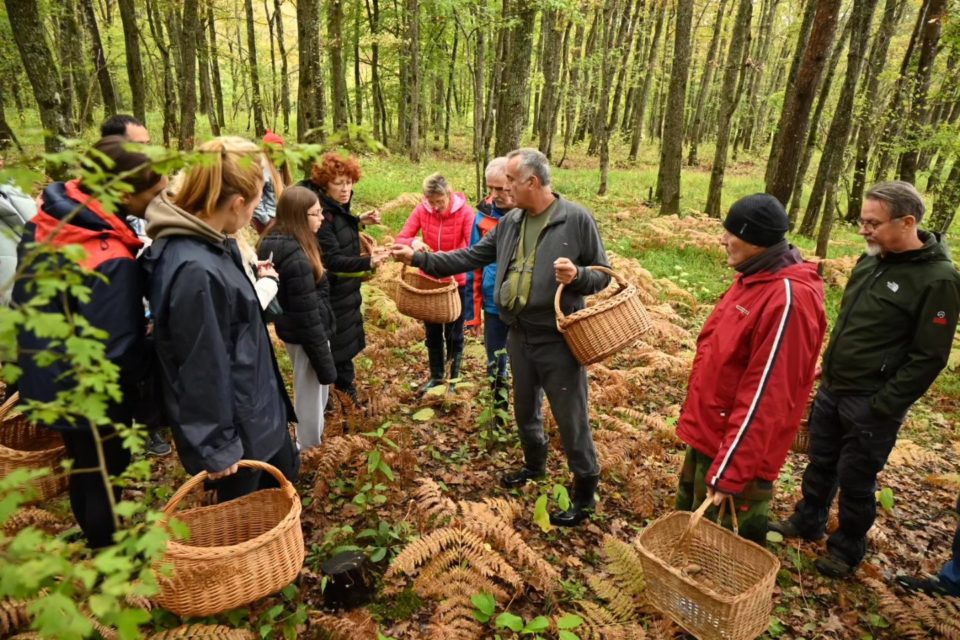
The Bosnian village of Pecka is located between Mrkonjić Grad and Šipovo. At first glance, it may appear similar to many other villages in Bosnia and Herzegovina.
However, what has set it apart over the past decade is its development and revitalization. Once nearly abandoned, Pecka has become economically sustainable and was selected as one of the 14 most beautiful villages in Bosnia and Herzegovina. Now with its own visitor center, this village has even gained recognition abroad.
Pecka and other villages and towns in central Bosnia were once connected by a railway that supported social and economic development. However, the last train line was discontinued in the 1970s, and about a decade later, the village’s primary school, built after World War II, was also closed. During the 1990s war, most of Pecka’s population left their homes, with many moving to Vojvodina, Serbia, where they eventually rebuilt their lives. Like many Bosnian-Herzegovinian villages, Pecka was left almost entirely abandoned, with only a few elderly residents remaining.
However, the village’s fate changed in 2014 when the Greenways Association identified it as a national natural landmark and chose to make it their base. This organization focuses on mapping and promoting natural and cultural sites as well as partnering with hosts who offer accommodations, connecting sites via bike paths, and similar activities.
Greenways set up their headquarters in the abandoned primary school, renovating the building and installing a solar power plant. Within a couple of years, they turned the building into a hostel due to the shortage of accommodation facilities in Pecka. They also established the Pecka Visitor Center, which has improved many aspects of life in the village and surrounding areas.

In the past decade, 80 houses have been built in the village, along with improvements to road infrastructure. Two years ago, Pecka found itself ranked among the 14 most beautiful villages in Bosnia and Herzegovina, as the result of a competition organized by the Association for Rural Tourism Development in BiH, with support from the USAID Tourism Development Program. The idea of recognizing the most beautiful villages originated with the French association Les Plus Beaux Villages de France in 1981, with the mission of preserving, improving, and promoting the natural and cultural heritage of rural areas to contribute to economic development.
Today, Pecka is a must-visit destination for those who love clean air, homemade food, mountains, and rural hospitality. Boro Marić, president of the Greenways Association, explained that Pecka was chosen as the association’s base because of its natural spring and climbing areas. It took three years to restore the school to a functional condition, and there is still work to be done on the building. Marić emphasized that they buy kajmak—a traditional dish similar to clotted cream—and other homemade goods from villagers to make authentic meals.
“We’ve been here for ten years now. This is also a public space that the municipality uses when needed, such as for elections, or when the village has its own needs and gatherings,” said Marić.
Due to a shortage of workers, the Pecka Visitor Center began accepting international volunteers two years ago. “We became recognized as good hosts on workaway.com, and backpackers started arriving. We mostly prefer volunteers who are willing to stay for longer periods,” said Peđa Gajanović, an employee at the Pecka Visitor Center.
In addition to accommodations and local dining, the Pecka Visitor Center offers rock climbing, nature expeditions, and a mushroom picking course for both amateurs and researchers. The course covers the entire process—from forest walks and mushroom identification to photography, comparison, and culinary preparation, which is the highlight of the program.

Another unique feature is the Pecka Outdoor Festival, which promotes this area and the wider Krajina region, with a focus on cycling. An integral part of the festival is the program for active families, which is designed to educate and entertain visitors of all ages.
Hiking, mushroom picking, rock climbing, and cycling are just some of the activities offered in Pecka, all complemented by homemade food, drinks, and exceptional local hospitality. Visitors often remark that it’s easy to fall in love with the village’s natural charm, and many return to Pecka for this ‘active vacation’ experience.






